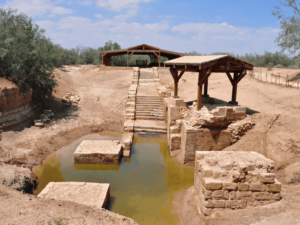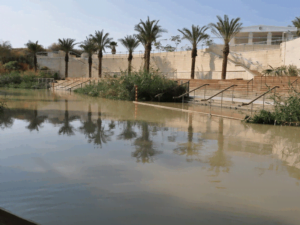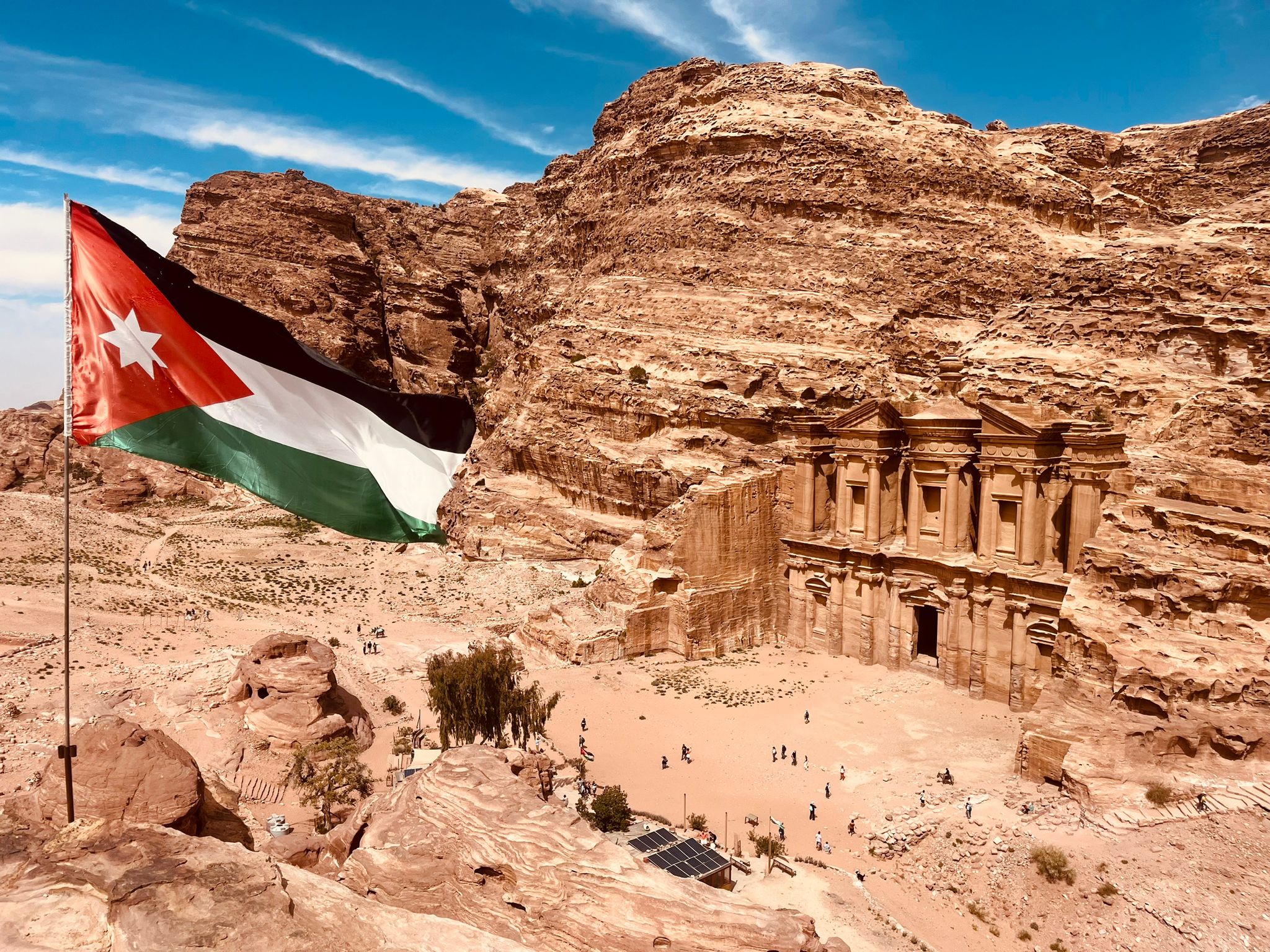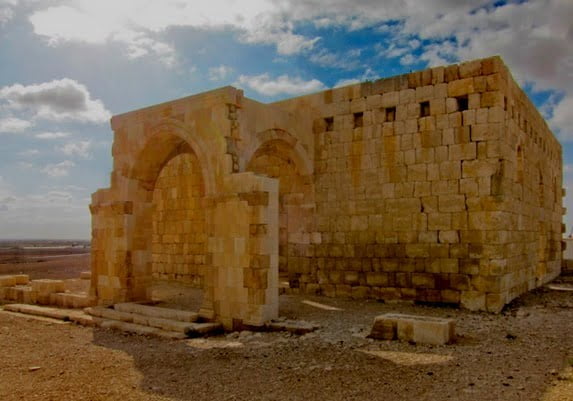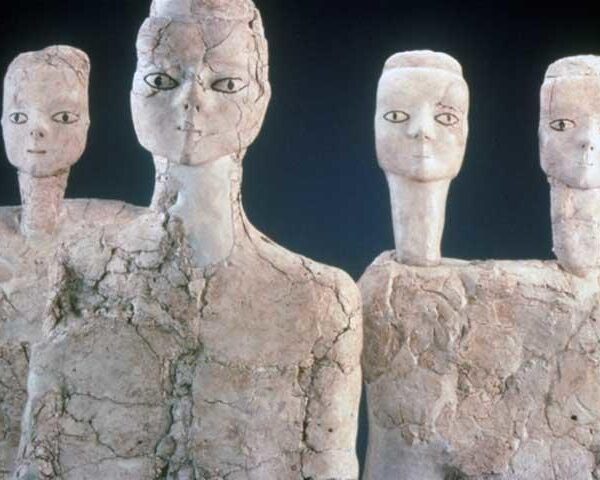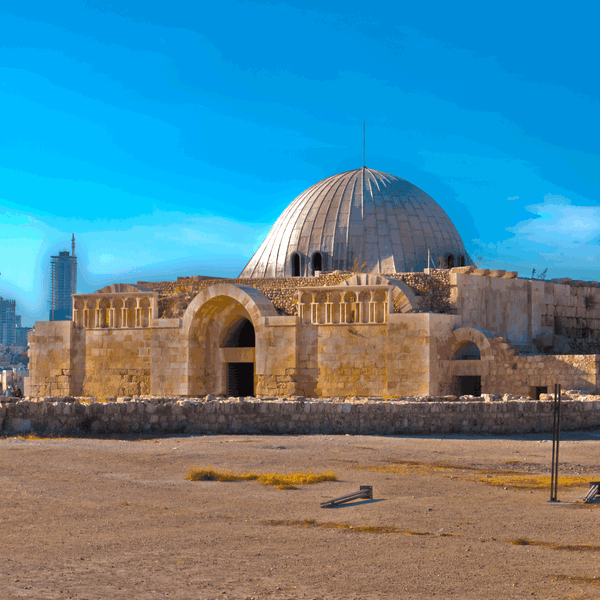The Jordan River is one of the most significant bodies of water in the world, flowing through the Jordan Valley and forming a natural border between Jordan and Israel. The river is approximately 251 kilometers long, and its headwaters begin in the Anti-Lebanon Mountains and Mount Hermon. It then flows southward through the Sea of Galilee and eventually empties into the Dead Sea.
The Jordan River is a significant religious site for Jews, Christians, and Muslims. It is mentioned in the Bible numerous times and is known as the place where Jesus was baptized by John the Baptist. It is also believed to be the site of many other significant biblical events, including the crossing of the Israelites into the Promised Land.
The river has played a crucial role in the development of the region. It provides water for agriculture and industry, and its fertile valley has supported human settlement for thousands of years. In modern times, the river has become an essential source of water for the growing populations of Jordan and Israel.
However, the river has faced significant challenges in recent years. Its water levels have been steadily decreasing due to overuse, pollution, and climate change. The river is also a source of political tension between Israel and its neighbors, as access to its waters has become a contentious issue.
To address these challenges, there have been efforts to promote sustainable water management and increase cooperation between the countries sharing the river. The Jordan River Foundation, a non-profit organization based in Jordan, has been working to promote sustainable development in the region and protect the river’s ecosystem. The foundation has also launched a campaign to raise awareness about the river’s cultural significance and promote tourism.
Despite the challenges facing the Jordan River, it remains a vital part of the region’s history and culture. Its waters have sustained human settlement for thousands of years, and it continues to serve as a source of inspiration and spiritual significance for people of all faiths. With continued efforts to promote sustainable development and cooperation, the Jordan River can continue to play a crucial role in the region’s future.
